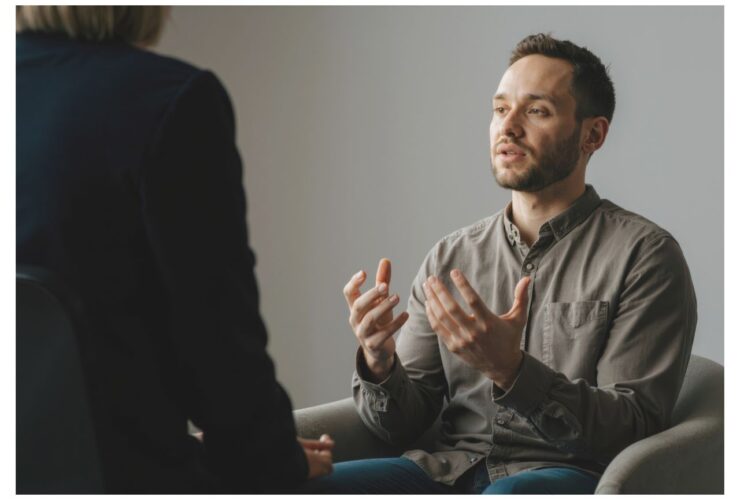Do You Have the Skills for a Great Relationship?
This is a series of posts that tell you everything you need to know and do to create the best possible relationships; find the best possible partner for you and go on to create the kind or relationship you’re looking for. Step one: develop strong relational skills.
Reflecting on Relational Skills
I would like to pose some critical questions for you to reflect on. Consider this scenario: two five-year-old children who are fond of each other are placed in a spacious backyard on a pleasant spring day, given a ball, and asked to play.
Alternatively, imagine these same children in a room with toys and encouraged to engage in play. If both children are energetic, motivated, and interested, they will likely interact well, enjoy themselves, and deepen their friendship through positive shared experiences.
When Challenges Arise
However, challenges can arise if one child becomes fatigued, breaks a rule deliberately or out of misunderstanding, is injured, or loses interest. When such situations occur, conflict may quickly develop.
The manner in which each child manages conflict—particularly their ability to process emotions, adapt to adversity, let go of past grievances, and work towards reconnection—will determine whether they can continue playing harmoniously and maintain their friendship. Successfully navigating difficulties often strengthens relational bonds.
The Role of Emotional Regulation
Conversely, if either child lacks these interpersonal and emotional regulation skills, conflicts can escalate, result in withdrawal, or cause lasting damage to the relationship. Establishing close, connected, and trusting relationships is therefore conditional upon both participants possessing competencies such as emotional regulation, adaptability, conflict negotiation, resilience, stress tolerance, empathy, and self-awareness. This example highlights the importance of developing these abilities if you want to go on to enjoy great relationships.
Parental Guidance and Development
Parental intervention may be necessary to help children regulate their emotions, articulate needs, and recognize unconscious biases, enabling them to rebuild positive interactions. A child’s personal growth and adaptability directly influence how effectively they recover from conflict and re-engage with peers.
Emotional Skills and Wellbeing
There is a strong correlation between a child’s skills in managing interpersonal conflict and their overall well-being, particularly regarding stress, anxiety, and depression. Poor emotional regulation tends to exacerbate conflict, while qualities such as respect, tolerance, acceptance, understanding, and resilience foster closeness and trust.
Unaddressed unconscious preferences and biases may further complicate conflict resolution, potentially leading to avoidance, excessive appeasement, or feelings of rejection.
Creating Secure and Fulfilling Relationships
In summary, developing secure, enjoyable, and productive relationships—whether platonic or romantic—requires becoming adept at emotional regulation, self-understanding, and positive interaction. Both parties must take responsibility for learning and practicing these essential skills to ensure mutually beneficial and satisfying connections.
When both individuals excel at cooperation, emotional management, and support, their interactions are far more likely to be fulfilling and harmonious.
Applying These Lessons as Adults
It is no different for adults. If you want to go on to create, close, connected, fun, romantic relationships, you must have the skills. Take a moment to think about your, outlook, your emotional regulation, your conflict resolution skills and ask yourself how good am I at these things? Do I have the skills that are necessary for closeness, happiness? Do I have the resilience that will get me/ us through the good times and the bad.
If you don’t have the skills, then go and acquire them because you can’t have a great relationship with anyone if you don’t have the skills. Why because all experiences are conditional on both parties’ contributions to that experience.
Looking Ahead
In this post we simply asked you to consider do you have the necessary skills to create a great relationship. In the next blog we’re going to look at finding the right partner for you.
Clear Day offers relationship counselling, confidence coaching, individual counselling or life coaching in Sydney. Take the first step and make a booking online for a free 20-minute consultation or by calling 02 9420 0788.




